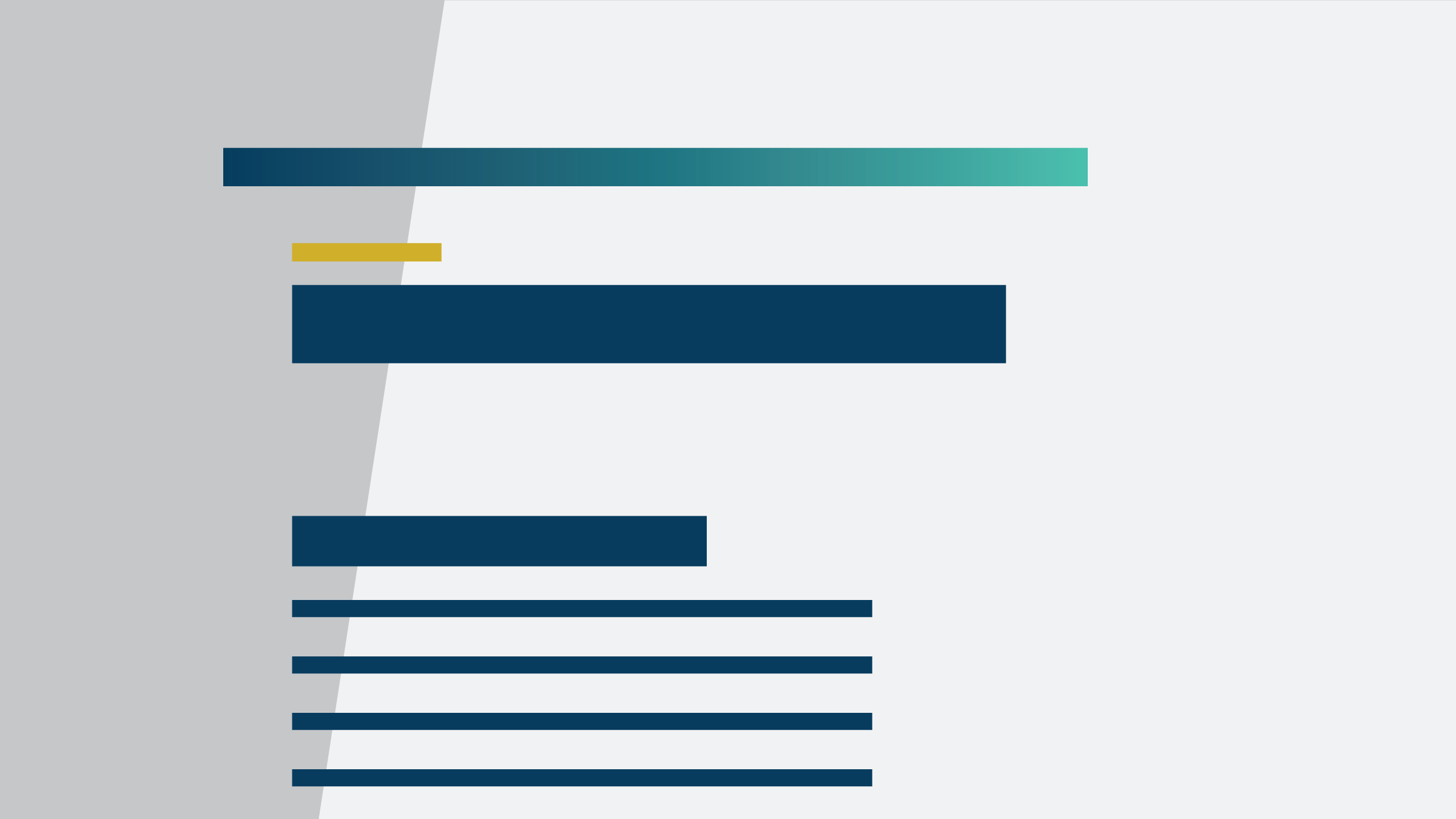Abstract
Scapegoating is often said to be a source of inefficiency in organizations. In this paper, I analyze the consequences of scapegoating within a firm in a model where reputation concerns drive the actions of superiors. Consider delegation choices, for example. Hiring efficient workers may be a good idea if successful production is the only way to build reputation. But if successful scapegoating also increases reputation, superiors will tend to hire less efficient workers and will eventually blame them for failures. I characterize scapegoating as an activity “nested” after failures. Even though the results of scapegoating do not affect welfare directly, they do so indirectly through the decisions governing the probability of success in production. We examine how activities “nested” after good results may increase efficiency without relying on costly incentives and why superiors tend to hire better workers during good times.




